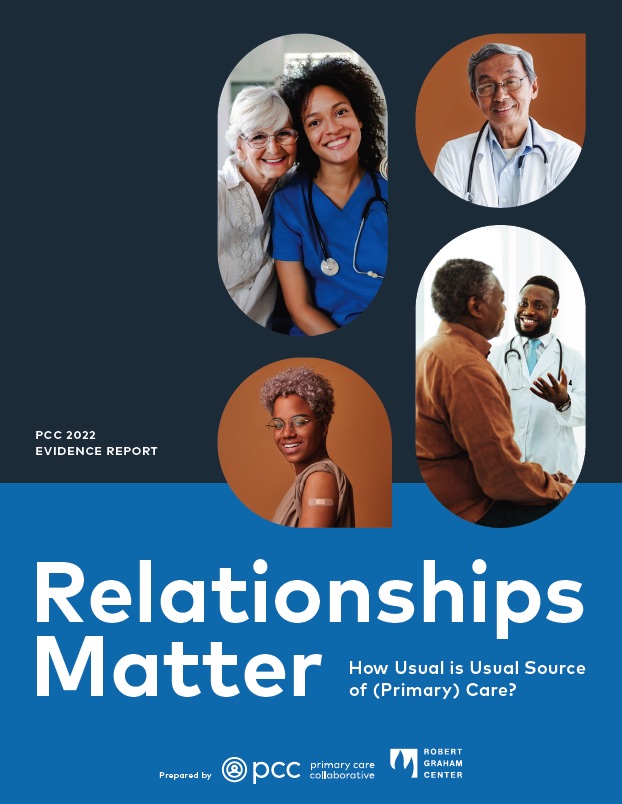Please find attached PCC’s Statement for the Record, provided for today’s Senate Finance hearing: Protecting Youth Mental Health: Part II - Identifying and Addressing Barriers to Care.
The attached includes a series of policy recommendations relevant to integration of mental health and addiction care into primary care – recommendations that PCC believes are relevant for children and adults.




